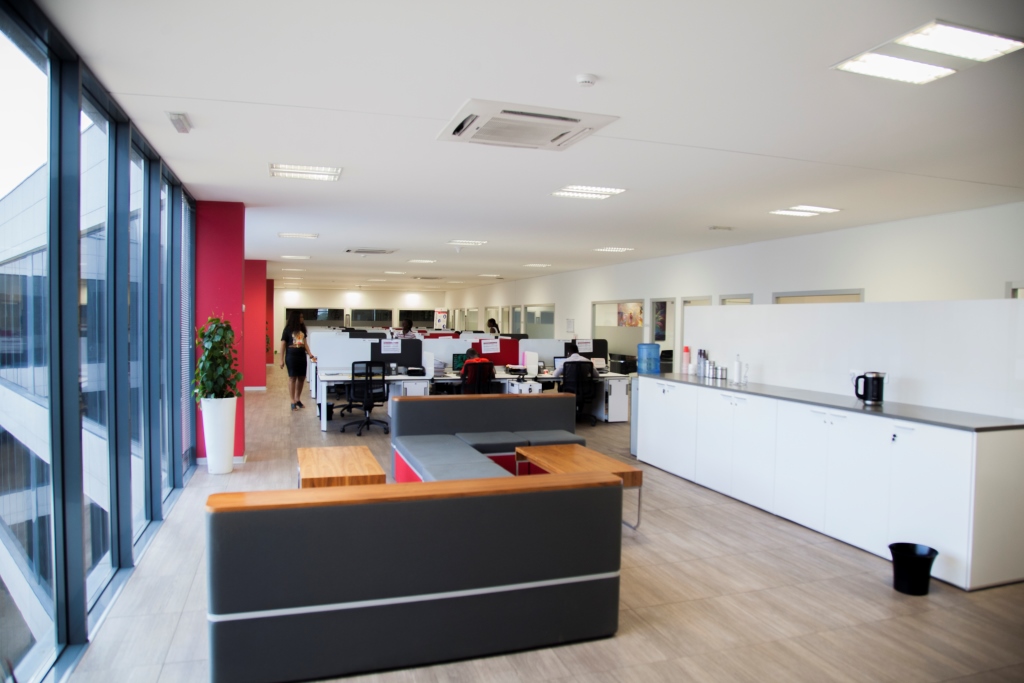According to an online post by Ghana’s Ministry of Communication, more than three million AT Ghana subscribers have been moved onto Telecel’s network.
The move was necessitated to avert a nationwide telecommunications disruption after the operator’s towers were disconnected over mounting debts.
Debt Owed to ATC Ghana
According to the post, on September 1, American Tower Company (ATC) Ghana, the infrastructure provider that manages much of AT’s tower network, began cutting power to AT’s radio sites after unpaid bills piled up.

The disconnections threatened to leave millions of customers without access to mobile voice, SMS, data, and mobile money services.
To contain the crisis, the National Communications Authority (NCA) ordered national roaming between AT and Telecel.
By migrating AT’s traffic onto Telecel’s infrastructure, regulators ensured continuity of services for subscribers who had been left in limbo.
A Fragile Telecom operator
AT, once a joint venture between India’s Bharti Airtel and Luxembourg-based Millicom, was effectively handed over to the government in 2017 after years of financial strain.
The company has struggled ever since to compete with MTN and Telecel, its competitors in the space.
The company has faced difficulties paying infrastructure partners and sustaining network investments in a market where consumers demand lower prices but capital costs remain high.
Government Steps In
To chart a way forward, Ghana’s government has appointed KPMG as transaction advisor. The firm has 60 days to assess AT’s debt position and recommend strategies for stabilizing the operator.

Communications Minister Sam George has sought to calm fears of an imminent collapse. He pledged that both permanent and contract staff of AT would keep their jobs and stressed that no merger or acquisition decisions had been made.
“We are waiting for the recommendations of the advisor before any structural moves are considered,” he said.
A Test for Ghana’s Telecom Sector
The episode underscores broader challenges in Ghana’s telecom sector. Operators have long complained of high operating costs, including energy tariffs, multiple taxes, and currency depreciation that erodes the value of revenues.
At the same time, infrastructure providers like ATC depend on timely payments to maintain nationwide tower networks.
For now, the government’s stopgap measure has prevented a crisis. But the long-term health of AT — and by extension, the balance of Ghana’s telecom landscape — hinges on whether KPMG’s recommendations can deliver a sustainable turnaround.
This article was edited with AI and reviewed by human editors





